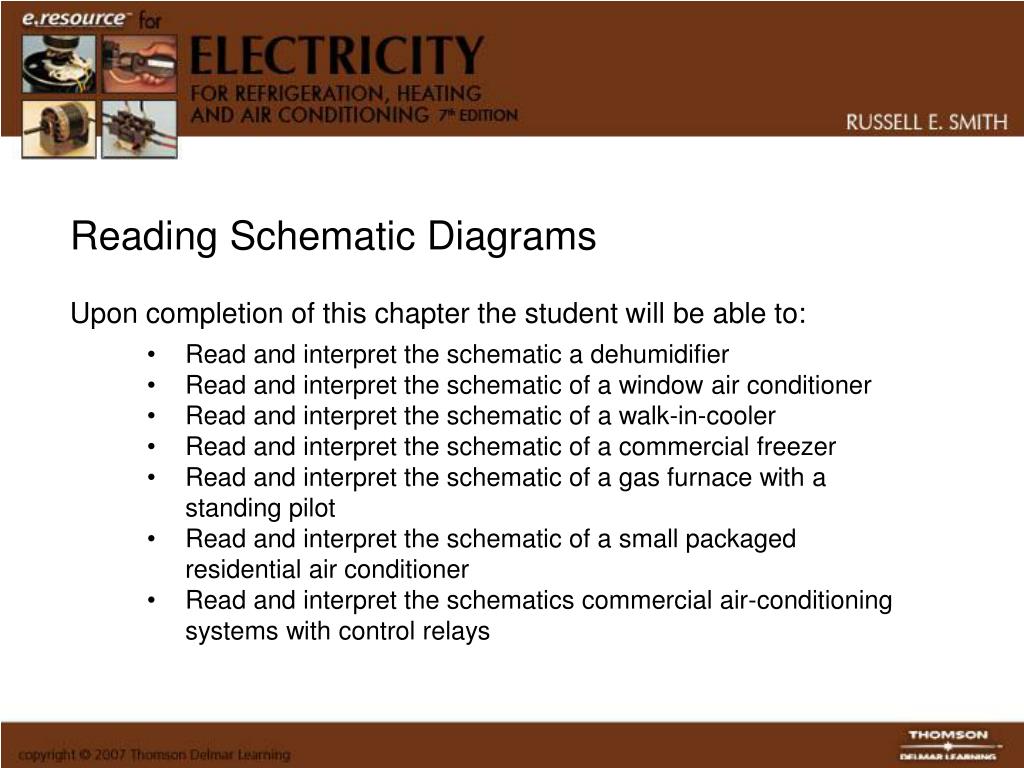READING SCHEMATICS A COMPLETE GUIDE TO READING SCHEMATICS eBook Circuit Diagram A-4 HOW TO READ THE WIRING DIAGRAMS - How to Read Circuit Diagrams HOW TO READ CIRCUIT DIAGRAMS The circuit of each system from fuse (or fusible link) to earth is shown. The power supply is shown at the top and the earth at the bottom to facilitate understanding of the current flow.

Beginner's guide to reading schematics by Gibilisco, Stan, author. Publication date 2014 Topics Electronics -- Charts, diagrams, etc Publisher New York : McGraw Hill Education Pdf_module_version 0.0.23 Ppi 360 Rcs_key 24143 Republisher_date 20230719120800 Republisher_operator associate-cecelia-atil@archive.org

PDF Electrical Drawings and Schematics Circuit Diagram
schematic — a diagram using electrical symbols that illustrates a circuit plan or "scheme." semiconductor — an electrical component that is made from solid crystal materials, such as silicon or germanium; modern diodes, transistors and ICs are semicon- ductors; conductivity is intentionally poor compared to metal conductors.

Learn the essential schematic symbols and components for building or troubleshooting circuits. This tutorial covers power sources, switches, resistors, capacitors, inductors, transformers, relays, diodes, transistors, and more.

PDF Beginner's Guide to Reading Schematics Circuit Diagram
Example of Diagram Reading. Now let's go back to industrial diagrams, primarily focusing on schematic diagrams.A site electrician, for each system and distribution cabinet, has a set of plans in A3 and/or A4 format with 'n' sheets representing the installation "sequential" in control (or command) diagram and power diagram form. If you are on a site, the most logical thing would be to

1. Single-line diagrams Distribution flow 2. Wiring diagrams Location of terminations 3. Schematic diagrams Electrical operation 4. Ladder diagrams Control circuits 5. Floor plans Branch circuit and wiring 6. Site plans Overview of your facility 5 Schematic Diagrams 93 5.1 Purpose 93 5.2 Typical examples 94 5.3 Control devices - electromechanical relays and contactors 97 5.4 Use of symbols 100 5.5 Applications 102 5.6 Schematics spread over a number of sheets 103 5.7 Cross referencing between coils and contacts 114 5.8 Summary 114 Exercises 115 6 Logic Diagrams 117
